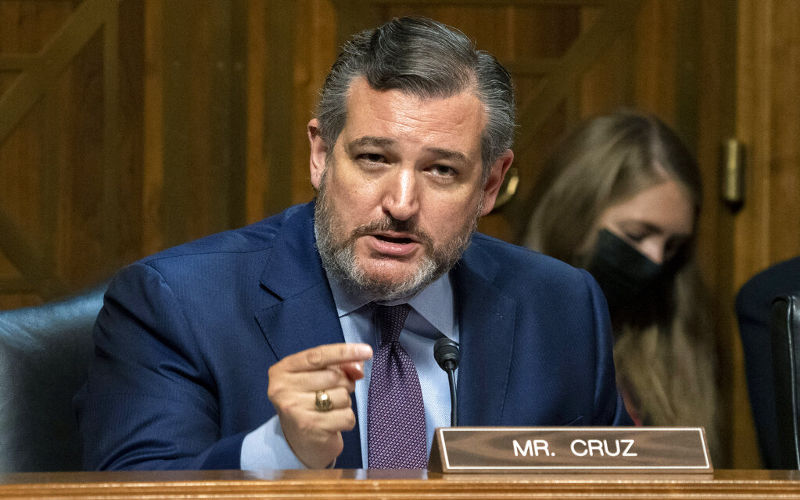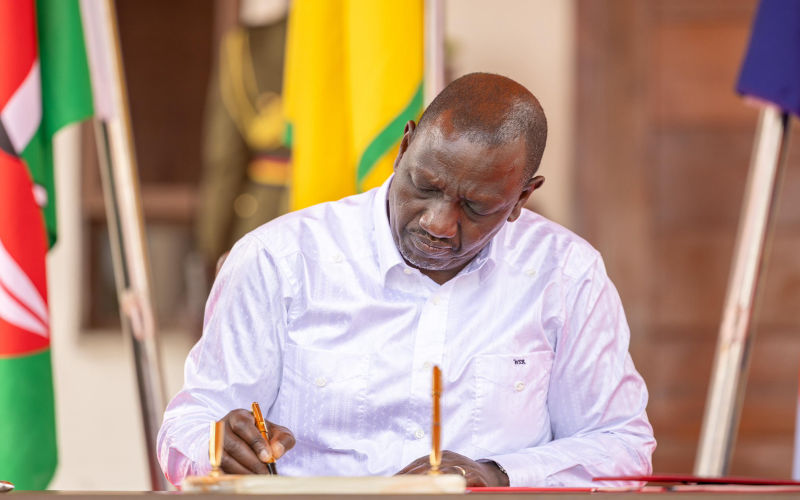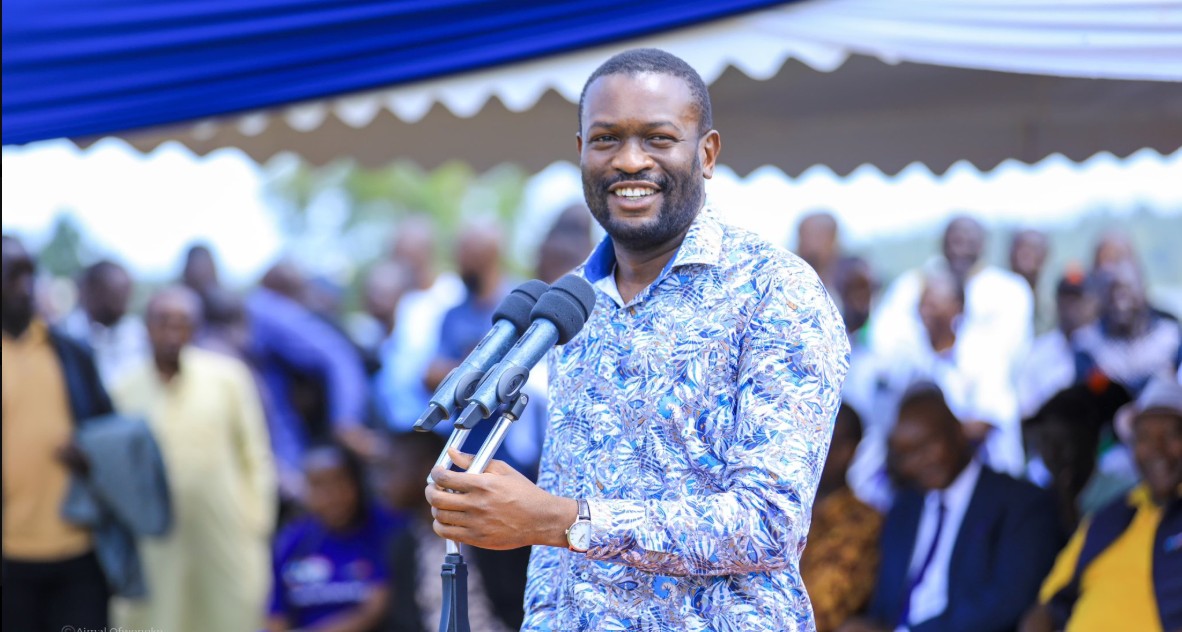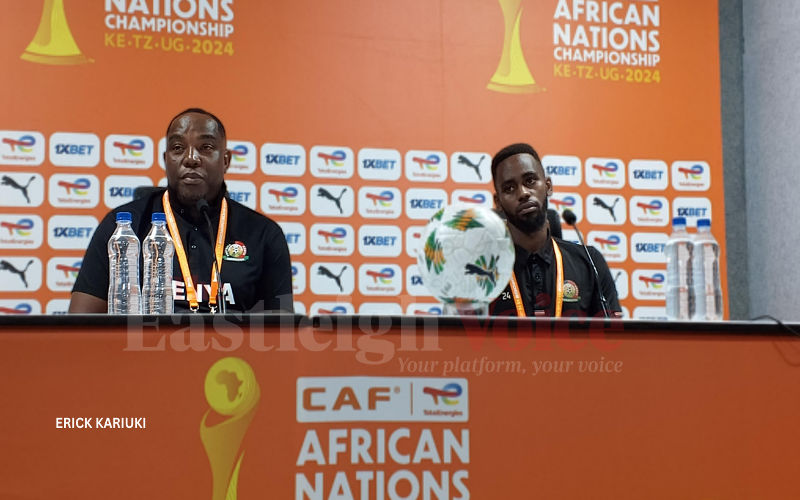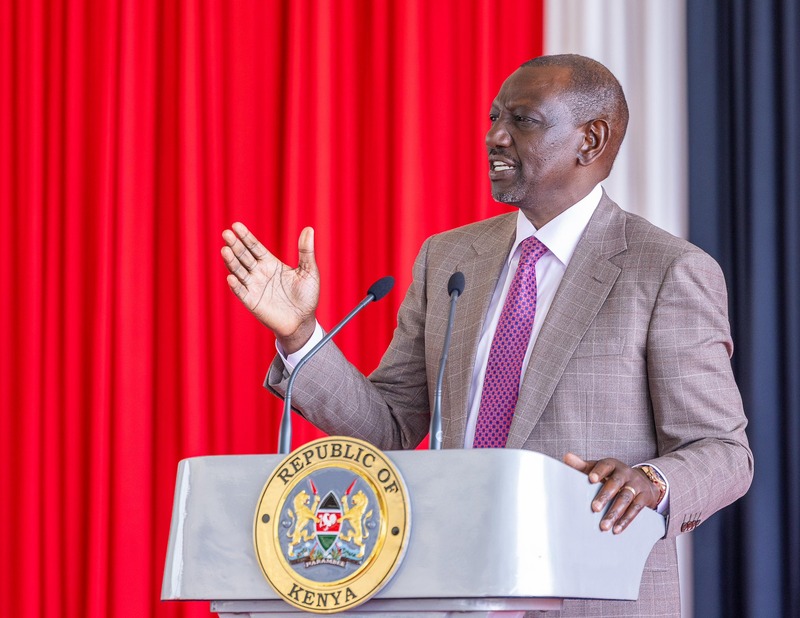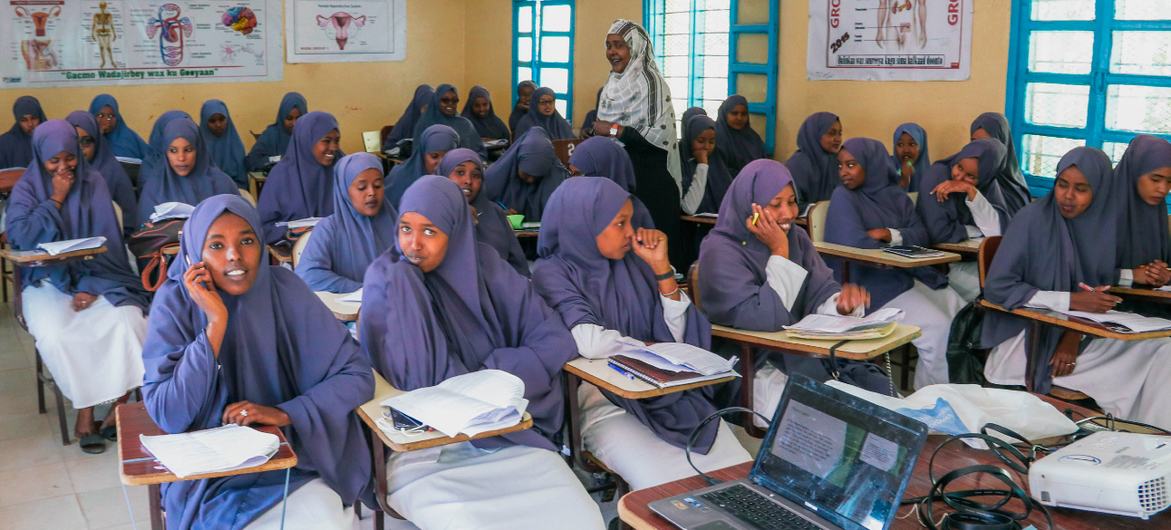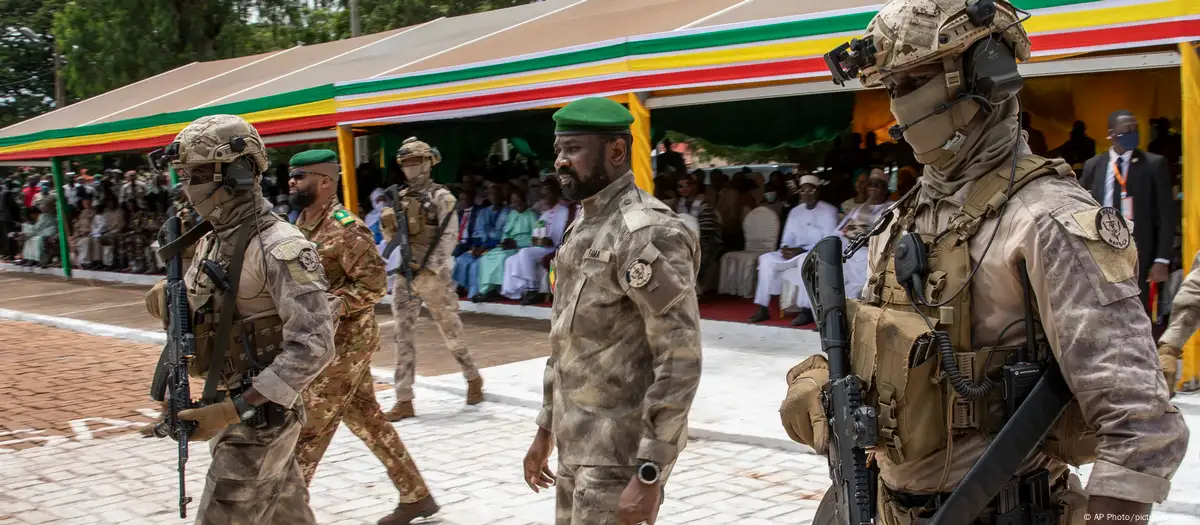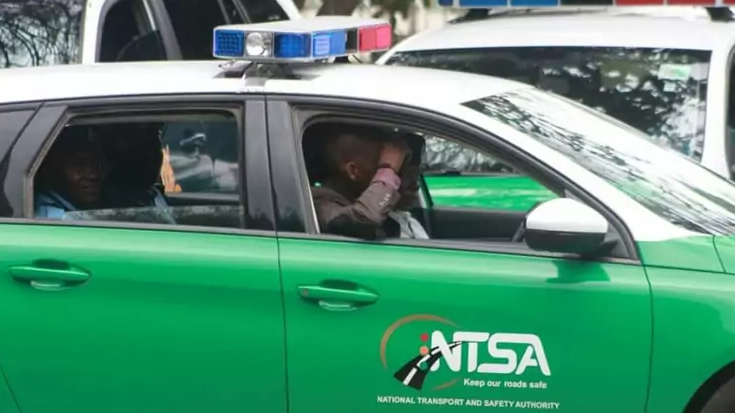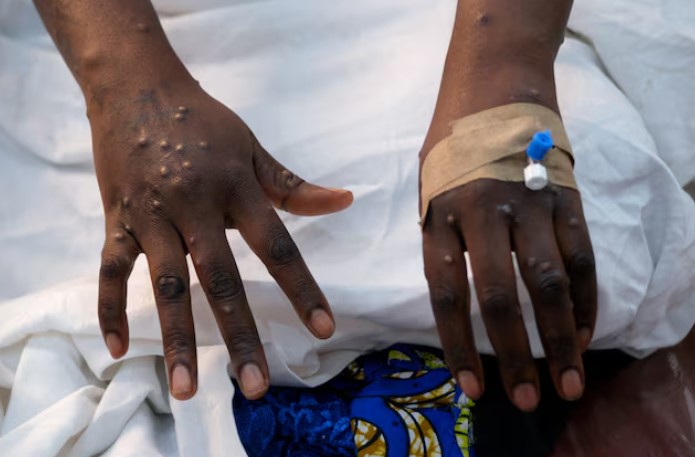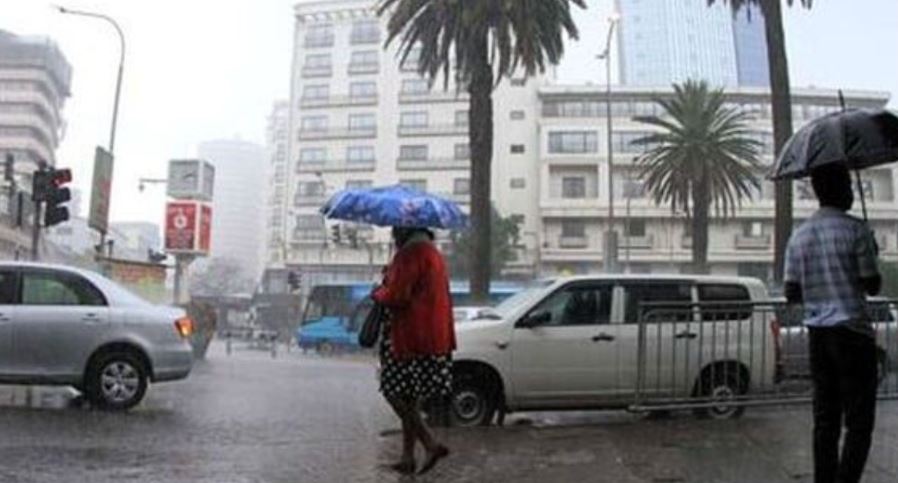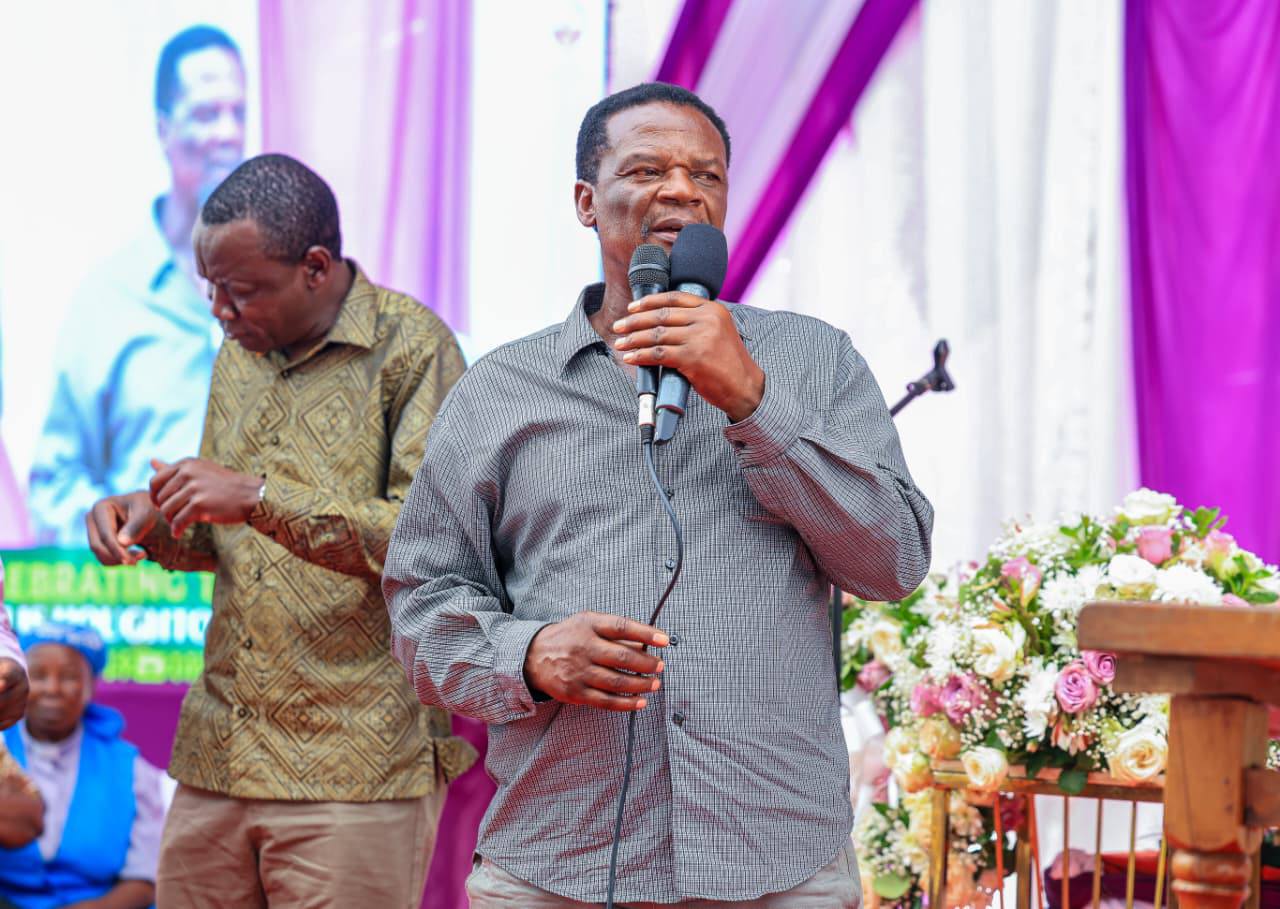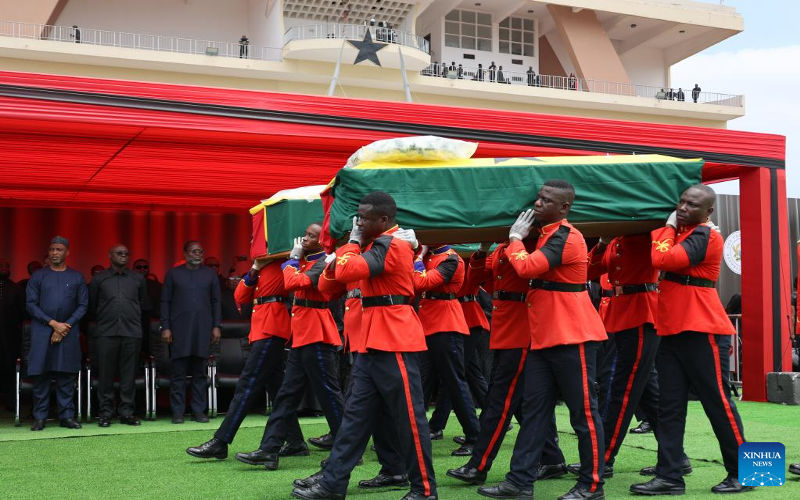Spain announces it will join South Africa’s Gaza genocide case against Israel at ICJ
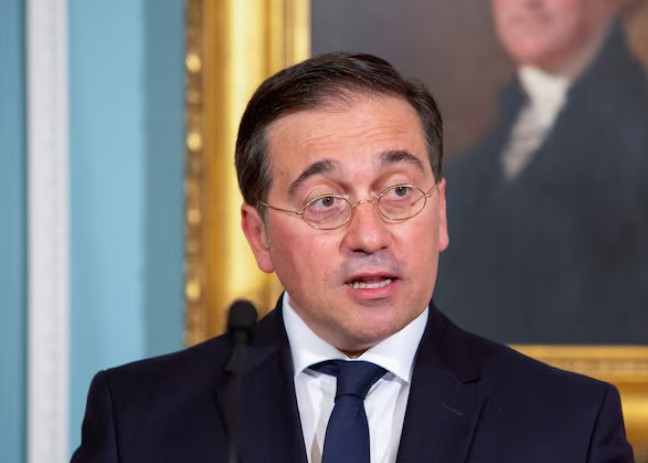
Spain follows Ireland, which also announced it would intervene in the case.
Spain has announced it will join the case filed by South Africa at the International Court of Justice (ICJ), which accuses Israel of violating its obligations under the Genocide Convention in its war on the Gaza Strip.
Spain follows Ireland and Egypt which have already announced they would intervene in the case.
More To Read
- Namibia’s forgotten genocide: How Bushmen were hunted and killed under German colonial rule
- World Court just ruled countries can be held liable for climate change damage – What does that mean for US?
- Historic climate change ruling from the International Court of Justice: What it means for Africa
- Brazil set to join South Africa’s genocide case against Israel at the ICJ over Gaza war
- World Court says countries are legally obligated to curb emissions, protect climate
- Spain assumes command of EU anti-piracy mission off Somali coast
“We made this decision in light of the continuation of the military operation in Gaza. We also observe with enormous concern the regional extension of the conflict,” Spanish Foreign Minister Jose Manuel Albares said in a press conference held in Madrid on Thursday.
Albares said Spain took the decision to not only “let peace return to Gaza and the Middle East” but also due to its commitment to international law, Albares said.
“Our sole goal is to put an end to the war and to advance on the road of applying the two-state solution”, Albares said, a week after Spain, along with Ireland and Norway, recognised the state of Palestine.
Last month, Egypt formally announced its intention to support South Africa in its genocide case against Israel at the ICJ.
Egypt's Foreign Affairs ministry attributed the decision to the escalating severity and scope of Israeli attacks on Palestinian civilians in the Gaza Strip, including deliberate targeting, infrastructure destruction, forced displacement, and the creation of dire living conditions.
Egypt called on Israel, as the occupying power, to adhere to its obligations, including implementing interim measures set by the ICJ to ensure adequate access to humanitarian aid for Palestinians in Gaza and refraining from further violations.
Breach of UN Genocide Convention
In the ICJ case, South Africa accuses Israel of breaching the 1948 UN Genocide Convention during its military campaign in Gaza.
Despite Israel's dismissal of the proceedings, the court has issued provisional measures, with South Africa seeking additional safeguards for the Palestinian Rafah population.
South Africa's legal proceedings began last December when it accused Israel of violating the UN Genocide Convention, which led to the ICJ ordering Israel to adhere to six provisional measures in January.
Despite this, a request by South Africa to pressure Israel to halt its offensive against Rafah was rejected in mid-February.
In response, South Africa filed a third request in March, accusing Israel of violating previous orders and urging the court to order an Israeli withdrawal from Rafah, as well as allow free access to Gaza for UN officials, humanitarian organisations, and journalists.
On the same day Egypt announced its intervention, South Africa requested additional provisional measures to protect the Palestinian Rafah population in the face of Israeli attacks in the area.
Additionally, Libya declared its support for South Africa's case concerning the application of the Convention on the Prevention and Punishment of the Crime of Genocide in the Gaza Strip.
Egypt has consistently warned of the dire consequences of Israeli military incursions into Palestinian Rafah, where a significant portion of the displaced Palestinian population, numbering around 1.5 million, currently resides.
The ICJ is the highest United Nations legal body, established in 1945 to deal with disputes between states.
The ICJ judges' order to Israel last month to immediately halt its military assault on Rafah was a landmark emergency ruling following South Africa's decision to bring a case against Israel accusing it of genocide.
Top Stories Today
